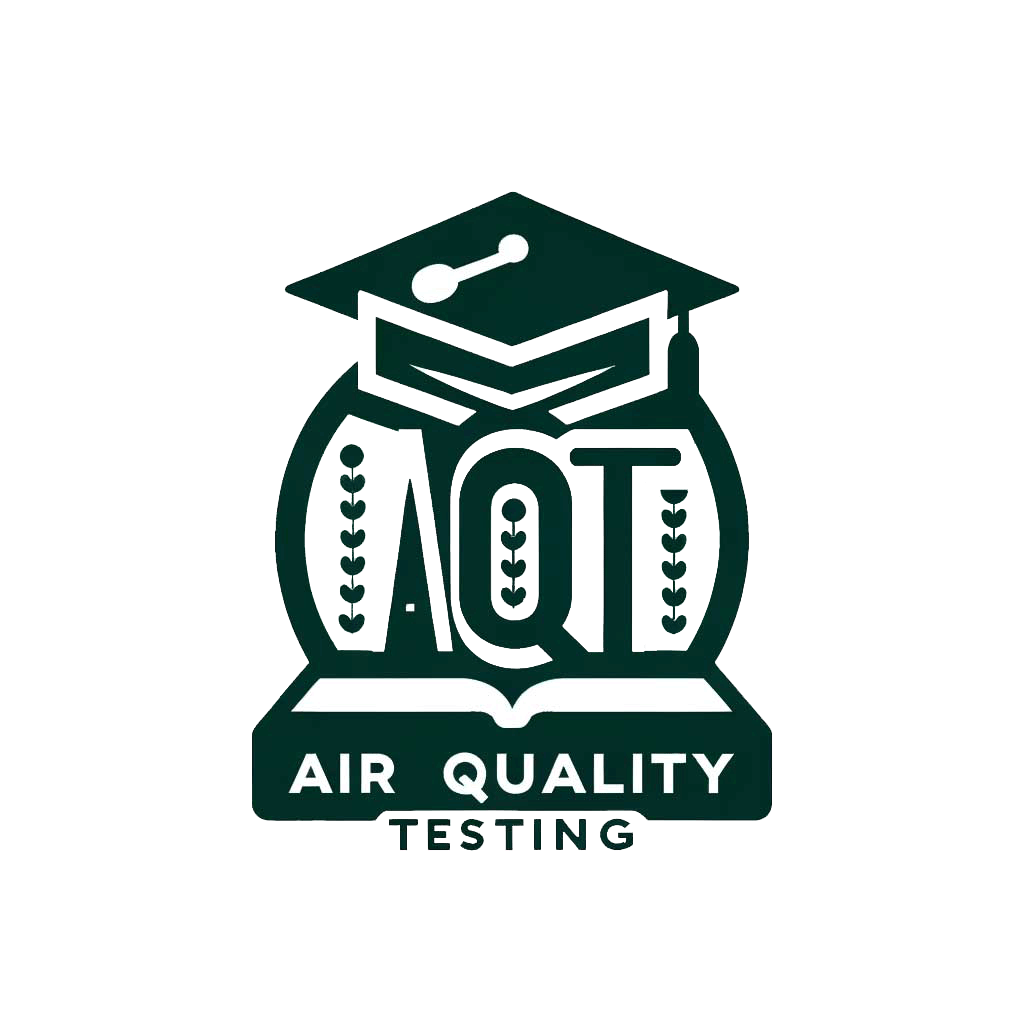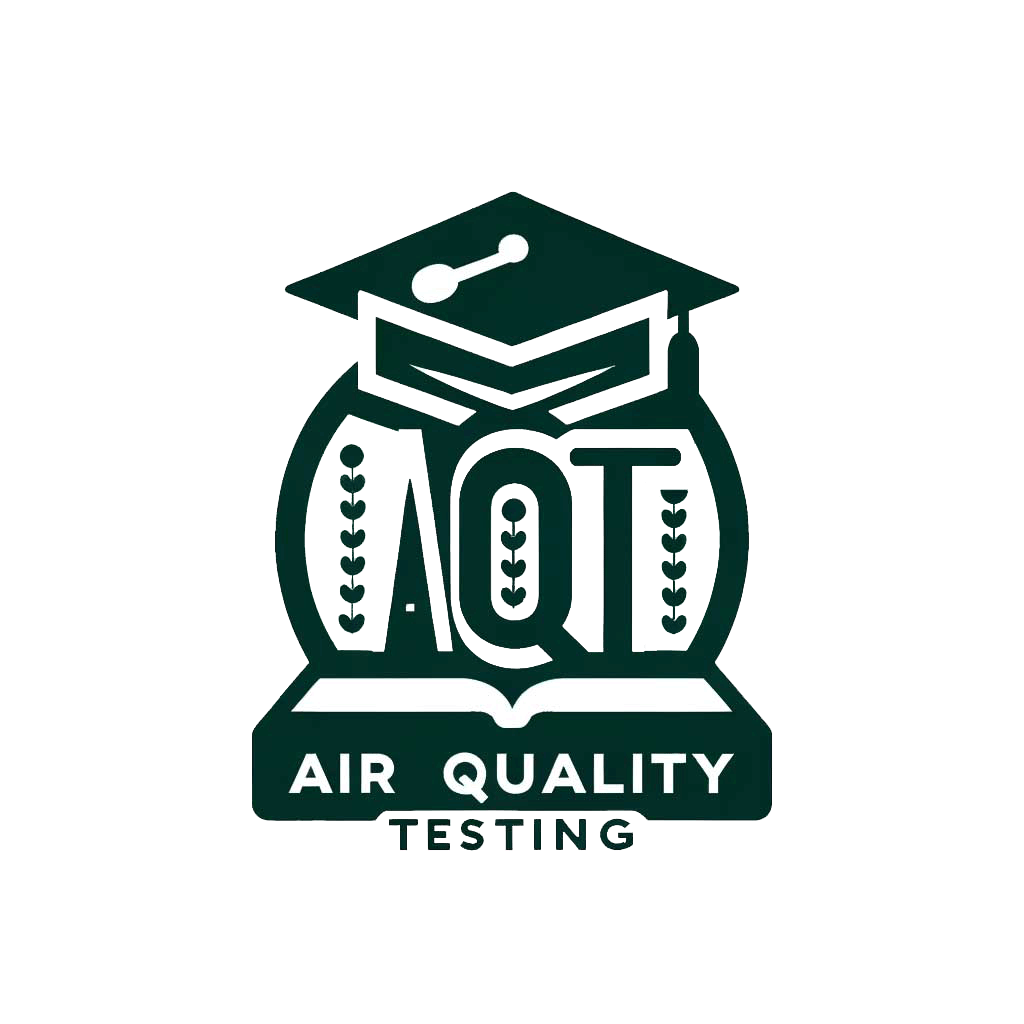Comparison Guide


Compliance and Industry Regulations - Properly Disposing of Debris and Waste According to Environmental Guidelines for Duct Cleaning Professionals
Ensuring proper disposal of debris and waste in accordance with environmental guidelines is a fundamental responsibility for air duct cleaning professionals. This comprehensive learning material underscores the significance of environmentally responsible practices, outlines the benefits of adhering to disposal guidelines, and provides insights into strategies for effectively managing waste while prioritizing environmental sustainability.
1. Importance of Proper Disposal:
Proper waste disposal is crucial for minimizing environmental impact and adhering to ethical and legal responsibilities as air duct cleaning professionals.
2. Environmental Guidelines:
Environmental guidelines outline how to manage and dispose of debris, contaminants, and waste materials generated during air duct cleaning operations.
3. Benefits of Adhering to Guidelines:
Adhering to environmental guidelines demonstrates a commitment to environmental sustainability, community well-being, and ethical business practices.
4. Preventing Contamination:
Proper disposal prevents potential contamination of soil, water, and air, safeguarding the environment and public health.
5. Mitigating Legal Liabilities:
Following disposal regulations minimizes the risk of legal penalties that can result from improper waste management practices.
6. Building Community Trust:
Environmentally responsible practices contribute to building community trust and portraying your business as an environmentally conscious and responsible entity.
7. Different Waste Types:
Different waste types (e.g., dust, debris, contaminants) require specific disposal methods. Understand these methods to prevent pollution.
8. Recycling Opportunities:
Identify materials that can be recycled, such as metal components or packaging materials, and collaborate with local recycling facilities.
9. Hazardous Materials Handling:
If encountering hazardous materials, adhere to strict guidelines for their safe collection, containment, and disposal.
10. Stay Updated on Regulations:
Stay informed about local, state, and federal regulations related to waste disposal to ensure compliance with current standards.
11. Training and Education:
Ensure your team receives training on proper waste disposal procedures and environmental regulations to ensure consistent practices.
12. Documenting Disposal Processes:
Maintain accurate records of waste disposal processes, demonstrating your commitment to transparency and accountability.
13. Collaboration with Waste Management Services:
Partner with reputable waste management services to ensure that waste is collected, transported, and disposed of properly.
In summary, properly disposing of debris and waste according to environmental guidelines is essential for air duct cleaning professionals. Adhering to these practices promotes environmental sustainability, legal compliance, and positive community engagement, ultimately contributing to the overall well-being of both the environment and your business.
frequently asked questions
Why is proper disposal of debris and waste important for air duct cleaning professionals?
Proper disposal minimizes environmental impact and upholds ethical and legal responsibilities.
What are environmental guidelines in the context of air duct cleaning?
Environmental guidelines provide instructions on managing and disposing of debris, contaminants, and waste generated during air duct cleaning operations.
What benefits do professionals gain from adhering to disposal guidelines?
Adhering to guidelines demonstrates environmental responsibility, ethical business practices, and a commitment to community well-being.
How does proper disposal prevent contamination?
Proper disposal prevents the potential contamination of soil, water, and air, safeguarding the environment and public health.
Why is adherence to disposal regulations important for mitigating legal liabilities?
Following regulations reduces the risk of legal penalties that may result from improper waste management practices.
How does environmentally responsible practice contribute to community trust?
Environmentally responsible practices build community trust and portray your business as a responsible and conscious entity.
Are different disposal methods required for different waste types?
Yes, different waste types, such as dust, debris, and contaminants, require specific disposal methods to prevent pollution.
How can professionals identify recycling opportunities in waste materials?
Identify recyclable materials like metal components or packaging materials and collaborate with local recycling facilities.
What should professionals do when encountering hazardous materials during cleaning?
Adhere to strict guidelines for the safe collection, containment, and disposal of hazardous materials.
Why is staying updated on waste disposal regulations important?
Staying informed about regulations ensures compliance with current waste disposal standards at the local, state, and federal levels.



 NADCA
NADCA 


